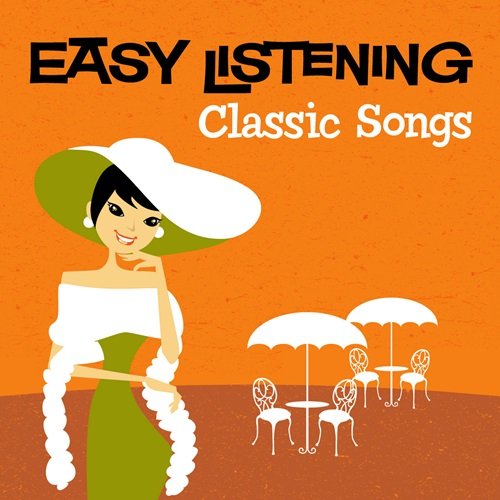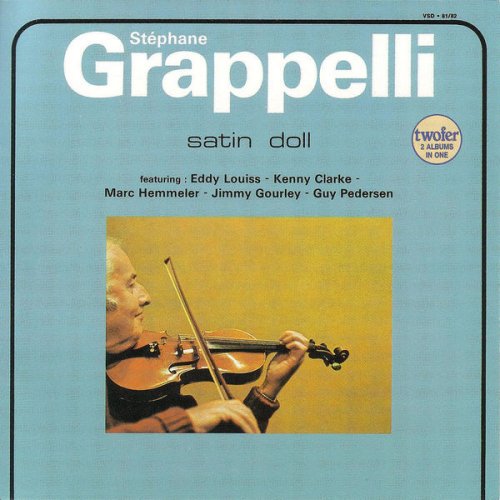Jussi Björling - Opera Arias (Historical Recordings 1936-1948) (1999)
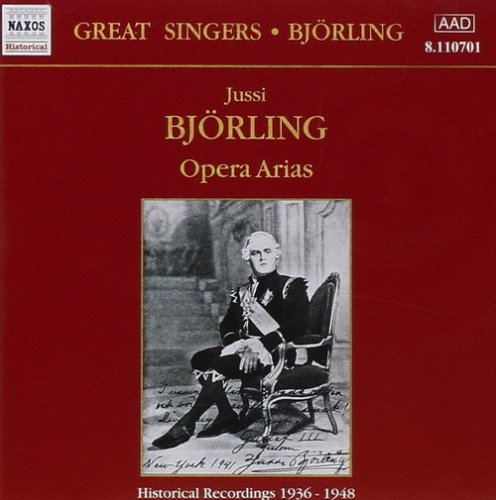
Artist: Jussi Björling
Title: Opera Arias (Historical Recordings 1936-1948)
Year Of Release: 1999
Label: Naxos
Genre: Classical
Quality: FLAC (tracks + .cue)
Total Time: 01:17:58
Total Size: 296 MB
WebSite: Album Preview
Tracklist:Title: Opera Arias (Historical Recordings 1936-1948)
Year Of Release: 1999
Label: Naxos
Genre: Classical
Quality: FLAC (tracks + .cue)
Total Time: 01:17:58
Total Size: 296 MB
WebSite: Album Preview
01. L'Elisir D'Amore - Una Furtiva Lagrima (1945) (04:13)
02. Questa O Quella (1944) (02:11)
03. La Donna e Mobile (1936) (02:11)
04. Ah Si, Ben Mio (1939) (03:22)
05. Di Quella Pira (1939) (01:43)
06. Se Quel Guerrier … Celeste Aida (1936) (04:27)
07. La Gioconda - Cielo E Mar! (1937) (04:16)
08. L'Africana - Mi Batte Il Cor … O Paradiso (1937) (03:14)
09. Martha - M'Appari Tutt' Amor (1939) (03:28)
10. Faust - Salut! Demeure Chaste E Pure (1939) (04:46)
11. Romeo Et Julliette - Ah! Leve-Toi, Soleil! (1945) (03:24)
12. Carmen - La Fleur Que Tu M'Avais Jetee (1938) (03:57)
13. Instant Charmant … En Fermant Les Yeux [Le Reve] (1938) (03:49)
14. Je Suis Seul! … Ah! Fuyez, Douce Image (1945) (04:37)
15. O Lola (1948) (02:37)
16. Mamma! … Quel Vino (1944) (03:57)
17. Pagliacci - Recitar! … Vesti La Giubba (1944) (03:44)
18. Fedora - Amor Ti Vieta (1944) (02:04)
19. Donna Non Vidi Mai (1948) (02:27)
20. Che Gelida Manina (1936) (04:19)
21. Recondita Armonia (1936) (02:50)
22. E Lucevan Le Stelle (1937) (02:54)
23. Nessun Dorma (1944) (03:27)
Björling was one of the strongest and steeliest lyric tenors of the mid-century, as famous for his Rodolfo in La Bohème as he was for his Calaf in Turandot. This superbly engineered survey of his early career takes us from 1936 through to 1948, and covers, for the most part, his standard repertoire of French and Italian music--extracts from Aida and from Faust, and from both Massenet's Manon and Puccini's Manon Lescaut. He was a singer equally at home with the elegance of bel canto and with the passionate sorrows of verismo--he is particularly fine in "Vesti la guibba" from Leoncavallo's "Pagliacci". Björling was always going to have to struggle to make this repertoire his own--much of his early audience had heard Caruso. What Björling brought to his roles was a superb theatricality and a capacity for thoughtful passion; amid the lyricism, you also always remembered that his heroes were for the most part tough guys. -- Roz Kaveney
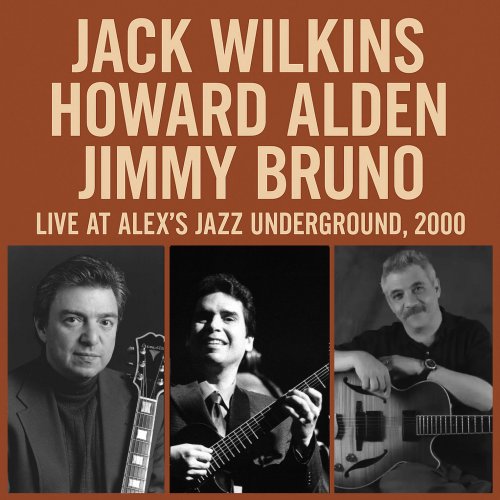
![Trøndelag Big Band - A Big Band Narrative (2026) [Hi-Res] Trøndelag Big Band - A Big Band Narrative (2026) [Hi-Res]](https://www.dibpic.com/uploads/posts/2026-01/1767966351_dxbyhtouifgdb_600.jpg)
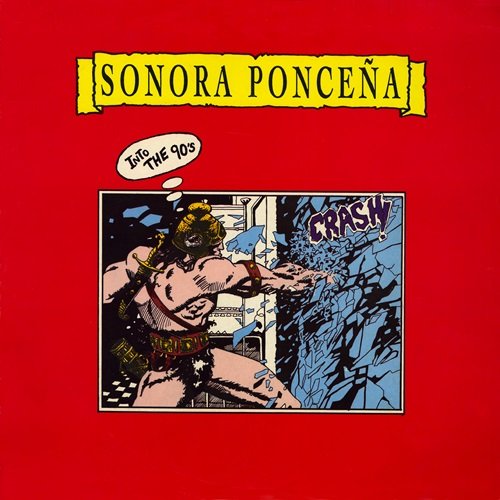
![Jazztick - Master Tetraforce (2026) [Hi-Res] Jazztick - Master Tetraforce (2026) [Hi-Res]](https://www.dibpic.com/uploads/posts/2026-01/1767974742_cover.jpg)
![Addison Frei - Live At Montreux 2018 (Live) (2026) [Hi-Res] Addison Frei - Live At Montreux 2018 (Live) (2026) [Hi-Res]](https://img.israbox.com/img/2026-01/09/zr7s2n9ecu1zq9vypf4y39cv1.jpg)
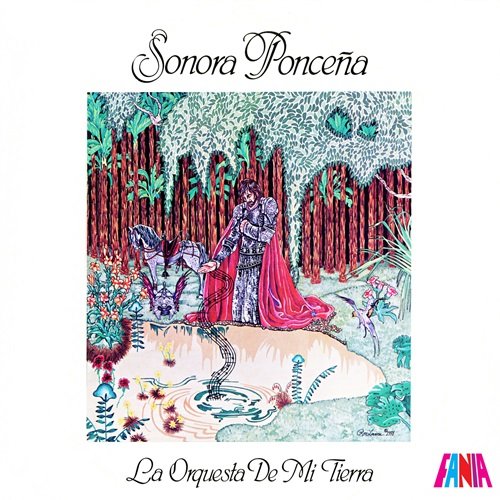
![Quadro Nuevo - Inside The Island (2025) [DSD256] Quadro Nuevo - Inside The Island (2025) [DSD256]](https://www.dibpic.com/uploads/posts/2026-01/1767895346_folder.jpg)
